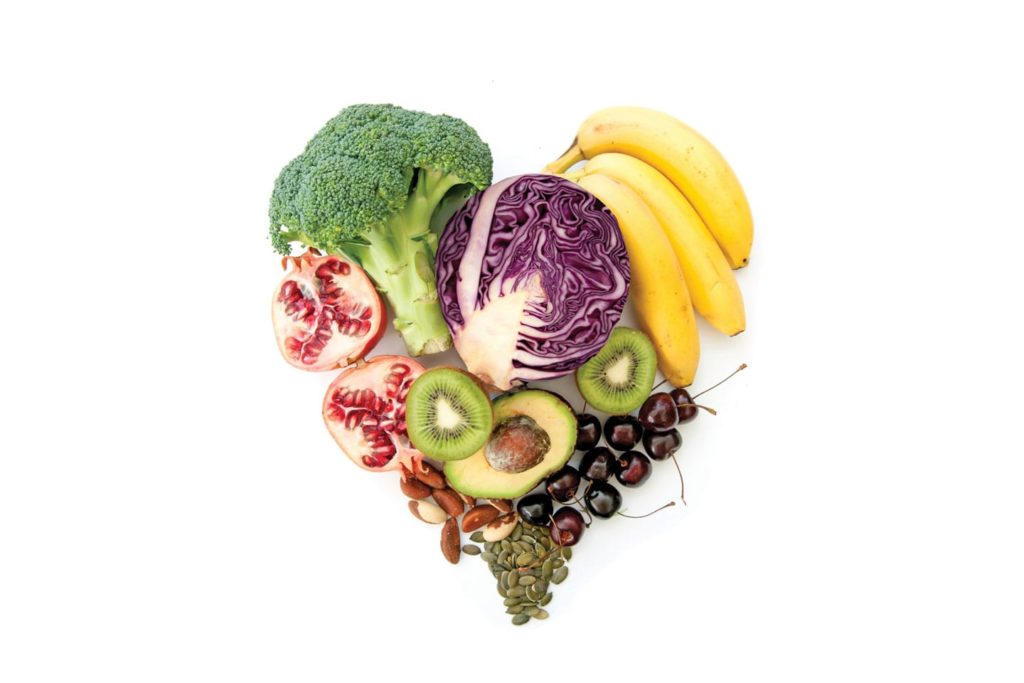The secret to healthy eating is a balanced diet.
You see them touted everywhere—from health food labels to the latest “top 10” list on the internet. But do “superfoods” really have “super” benefits for your health? Or is the term just a meaningless moniker? Full PDF here.
The Rise of the “Superfood”
According to American Dietetic Association spokeswoman Marisa Moore, the term “superfood” actually means nothing, scientifically speaking. There’s no legal or medical definition, but that hasn’t stopped the popular terminology from spreading like wildfire among marketing departments and health gurus alike.
Sources disagree as to whether the term was coined zovirax in the ’80 or ‘90s, but most do say that it remained more at the fringe of popular culture (i.e., it stayed mostly in health food communities) until the 2000s when Stephan Pratt, M.D., published his popular book Superfoods Rx.


Pratt describes superfoods as foods that are “nutrient dense and calorie sparse.” Essentially, his idea is that foods with high contents of vitamins and micronutrients can do amazing things for your body—from reversing the effects of aging, to staving off diabetes or dementia, to expanding your life span.
Today, food-as-medicine claims have gone rampant: it seems like there’s always another article on the disease-fighting properties of grapefruit or dark chocolate. The popular media loves the concept. But now we as consumers are left with the question: are the claims true?
Did You Know?
The EU has banned the use of “superfood” in product claims since 2007. The US currently has no regulations on the word, though food labels claiming medicinal or disease-preventing powers do fall under the strict watch of the FDA.
Defining Our Terms
Well, yes and no. The truth is, some foods are healthier than others. It’s not just about calories—different foods impact our bodies in different ways. If you have a choice between broccoli and onion rings, broccoli is the more nutritious choice, hands down.
So what’s the problem? You’re far Buy Glucophage online more likely to find spinach, beets, or kiwi in the latest “Top 10 Superfoods” list than twinkies or potato chips. And who’s going to argue that eating more fruits and vegetables is a bad idea?
No one. The superfoods fad is only problematic when it leads people to fixate on a few specific items under the false hope that they can cure their ailments. Nutritionists agree: foods just don’t have magical healing properties than can save you from certain health issues. An apple a day won’t keep the doctor away, if you’re talking literally. And while you’re downing those black beans and goji berries, it’s also possible that you may be neglecting other important food groups.
That’s not to say wheatgrass or blueberries aren’t great contributions to your overall diet. If “superfoods” are touted simply as healthy alternatives to fattier, greasier, processed food, there’s nothing to debate—except maybe what qualifies as one, because any list will inevitably be subjective. But can the “superpower” properties of salmon or quinoa or green tea make up for a complete diet, or better yet, somehow magically negate the entire bag of Cheetos you just ate? Probably not.
Balance is Key
Bottom line: skip the “top 10 items” idea and start looking at your diet as a whole. The secret to healthy eating is a balanced diet, rich in plant-based foods and moderate in intake of salt, sugar and fat.
Concentrate on including at least five fruits and veggies in your diet every day in addition to protein, dairy, and whole grains. Throw some superfoods in the mix (keyword: mix) and you’ll be on the way to a super diet.

